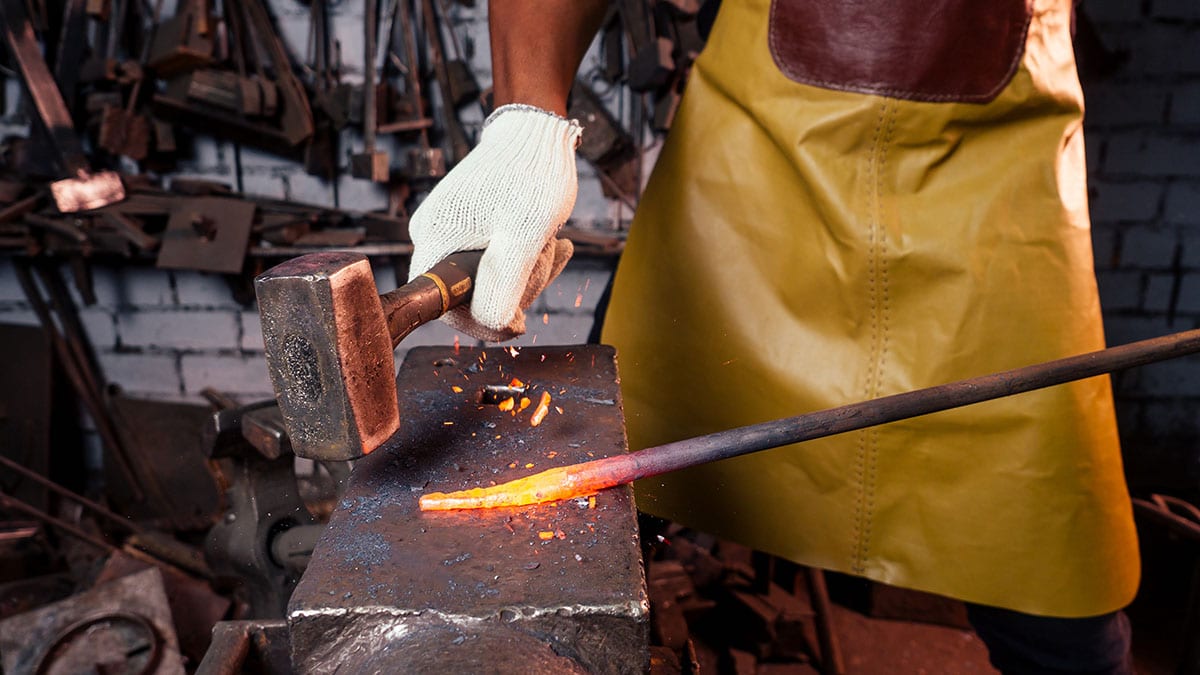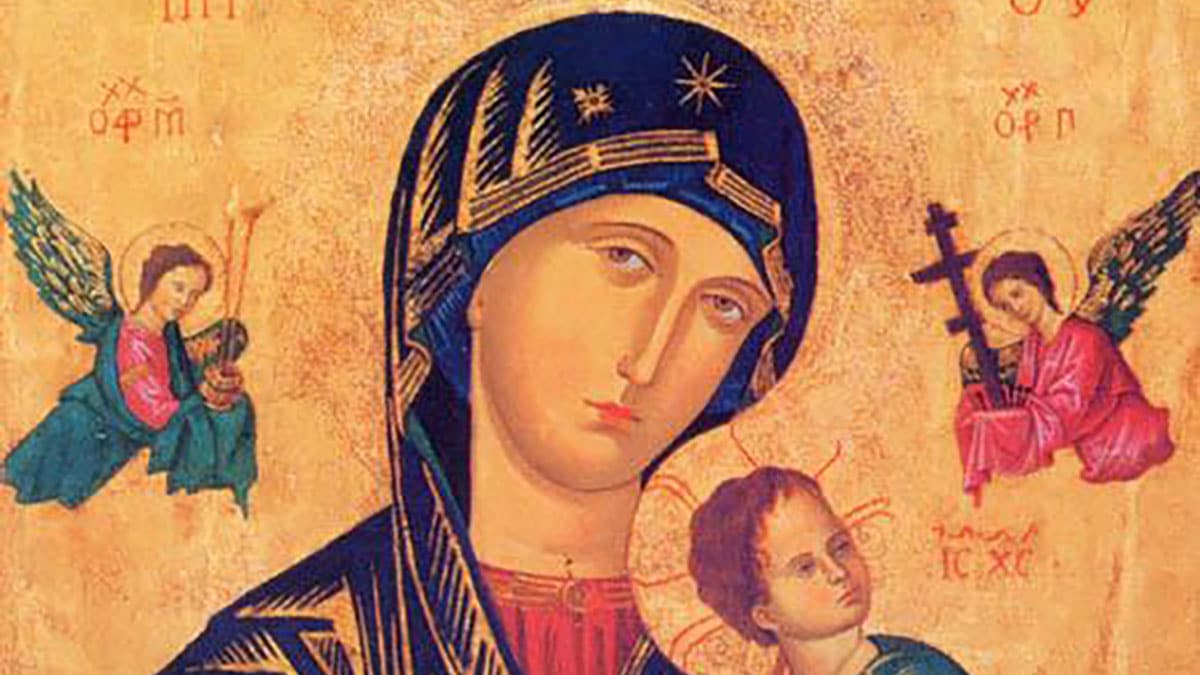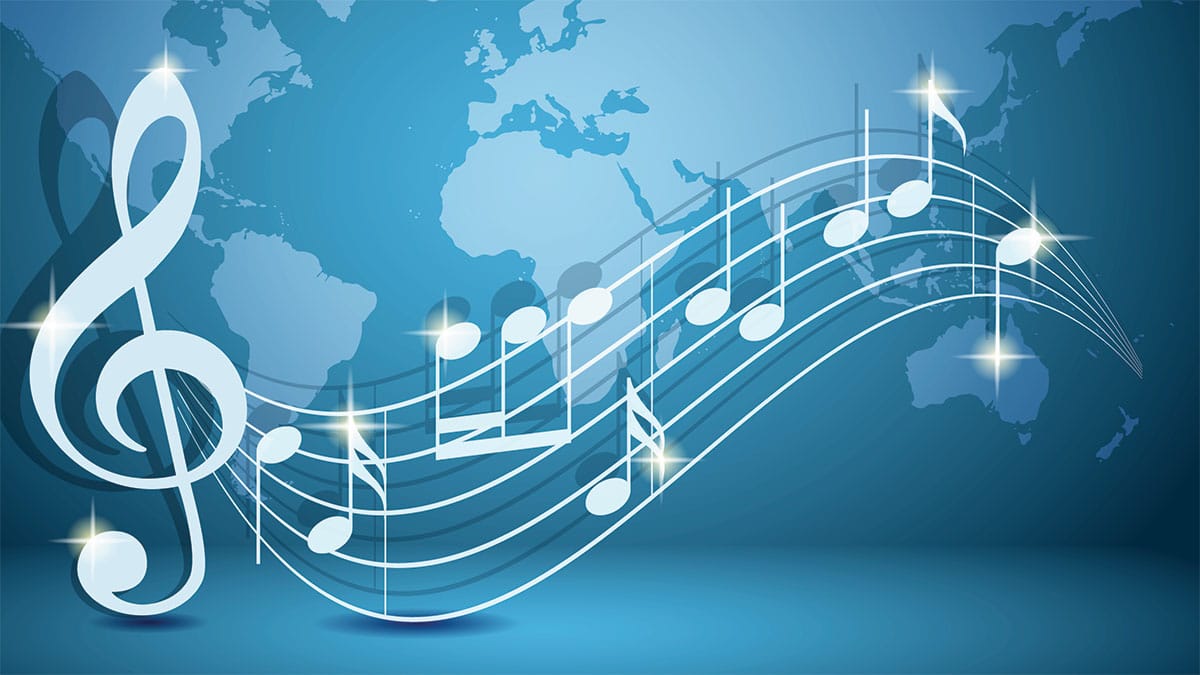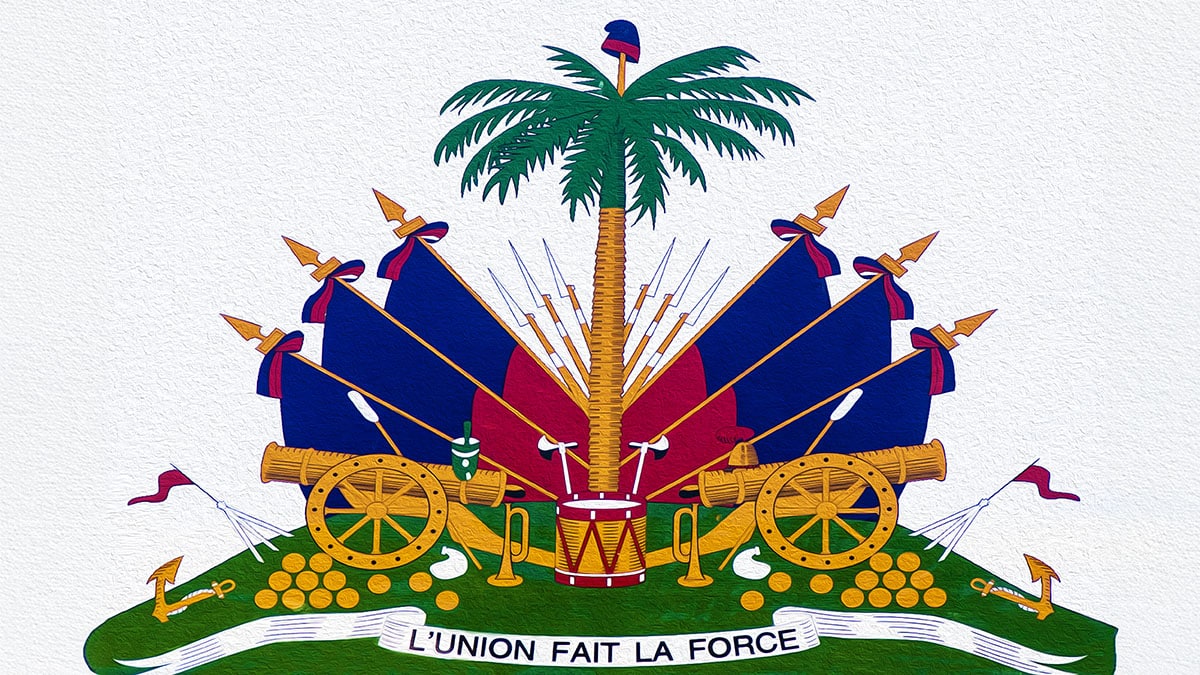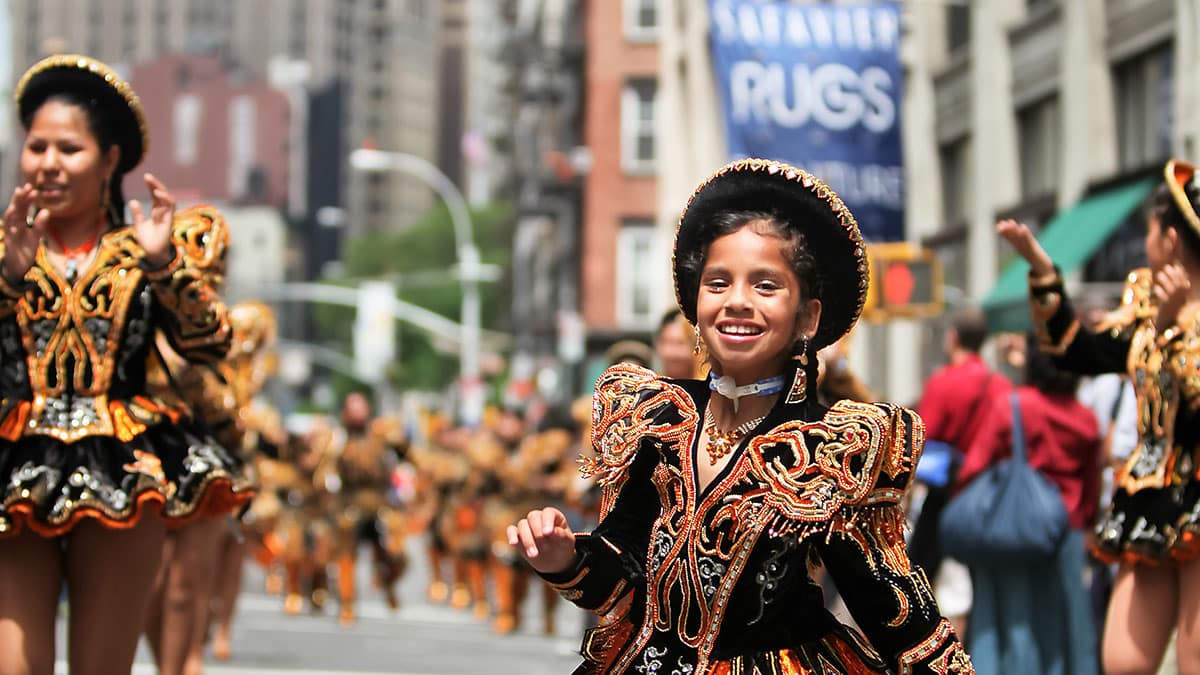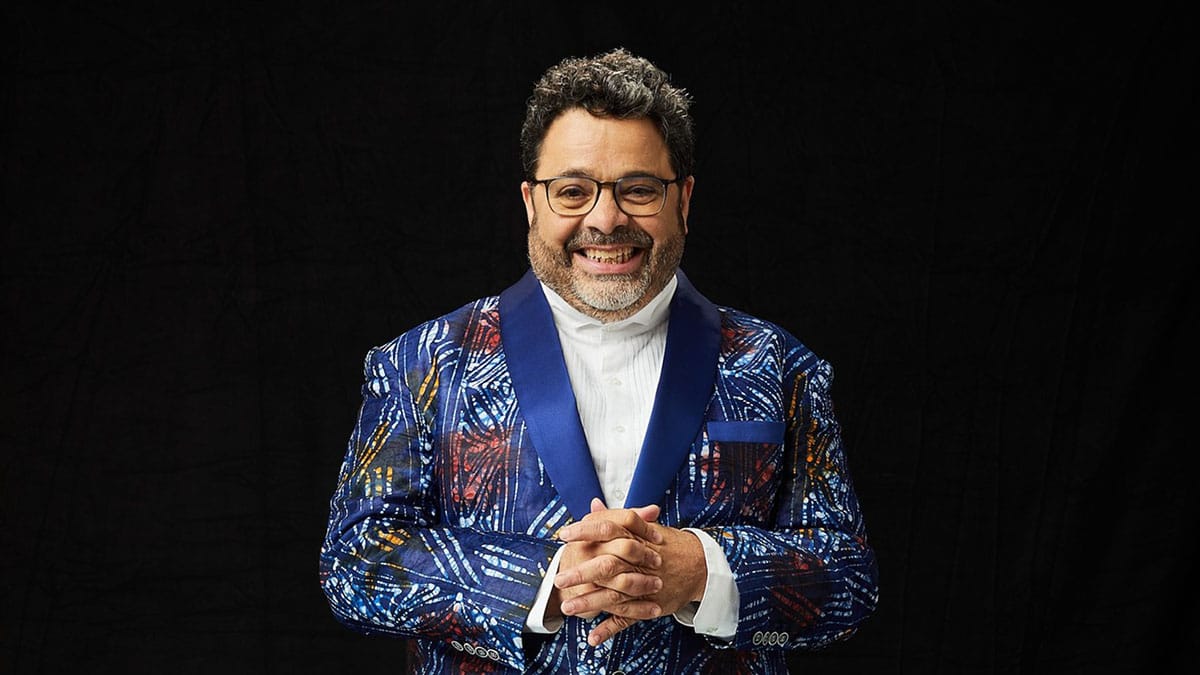Haitian Culture in New York City is important because Haitian culture is one of the taproots of both Caribbean culture and African American culture. Haitians should be celebrated for the greatest humanitarian achievement of all time ~ freeing themselves and founding a nation! 🇭🇹
Ogun is the Yoruba Orisha of Metal, Technology, Drivers, and Rum, ¡Aguanile!
JANUARY 29 Cuban tradition (Regla de Ocha) 🇨🇺 🇵🇷
JUNE 29 African tradition (Regla de Ifá) 🇧🇯 🇳🇬 🇹🇬
JULY 25 Dominican tradition (21 Divisiones) 🇩🇴
Blue Note Jazz Festival New York Presents Some Great Latin Artists
BLUE NOTE, Greenwich Village, Manhattan
SONY HALL, Times Square Theater District, Manhattan
SUMMERSTAGE Rumsey Playfield, Central Park, Manhattan
National Sawdust, Williamsburg, Brooklyn
BRIC Celebrate Brooklyn!, Prospect Park, Brooklyn
Haitian Flag Day Celebrates the Unity of Africans and Creoles
ARCAHAIE, Ouest, Haiti ~ MAY 18, 1803 🇭🇹
Dance Parade 2025 is Once Again About Reclaiming the Freedom to Be Yourself
SIXTH AVE, 8TH ST, TOMPKINS SQUARE PARK, Chelsea, Greenwich Village, East Village, Manhattan
🇺🇸 🇦🇴 🇦🇷 🇧🇴 🇧🇷 🇨🇳 🇨🇴 🇨🇩 🇨🇬 🇨🇺 🇩🇴 🇪🇨 🇭🇹 🇮🇳 🇮🇩 🇮🇹 🇮🇪 🇰🇷 🇯🇲 🇯🇵 🇲🇽 🇵🇾 🇵🇷 🏴 🇪🇸 🇹🇼 🇹🇭 🇹🇹
Arturo O’Farrill & The Afro Latin Jazz Orchestra Play Carnegie Hall’s “Nuestros Sonidos”
CARNEGIE HALL “Nuestros sonidos,” Midtown, Manhattan 🇨🇺
YIVO Institute for Jewish Research, Chelsea, Manhattan 🇨🇺 🇮🇱
New York Haitian News
Haitian New York City
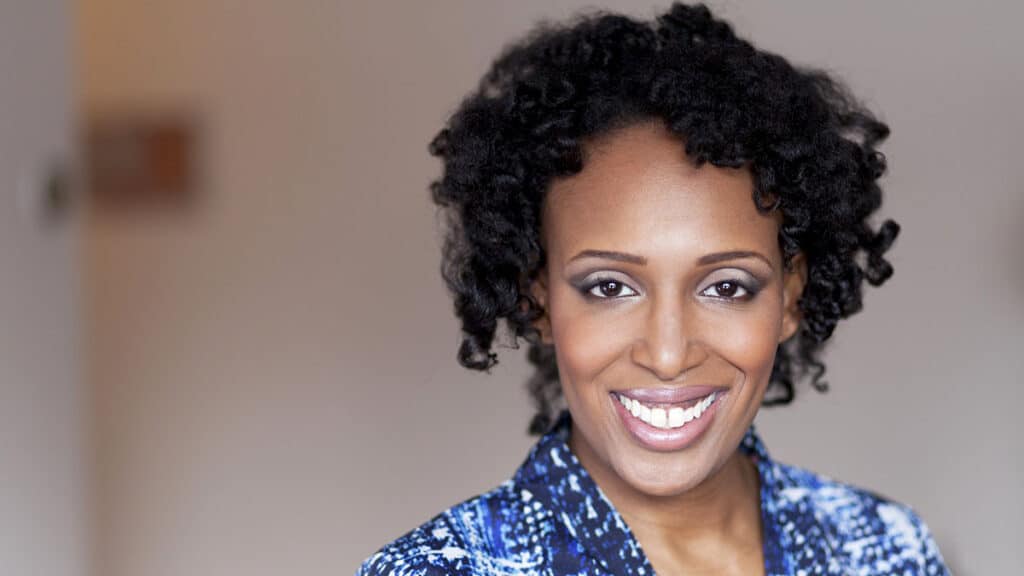
New York’s “Little Haiti” is in Flatbush, Brooklyn.
Haitian Art in NYC
Basquiat, the 1980s New York art star, was Haitian Puerto Rican. 🇭🇹 🇵🇷
Dominique Duroseau is a New York Haitian artist. 🇭🇹
Fritz St. Jean narrates Haitian history in paint. 🇭🇹
Haitian Dance in NYC
Alvin Ailey American Dance Theater usually has some great Haitian modern dancers. 🇭🇹
Dance Theatre of Harlem has some great Haitian ballet dancers. 🇭🇹
La Troupe Zetwal is a Haitian Folkloric dance company in New York City. @latroupezetwal 🇭🇹
Haitian Festivals in NYC
J’ouvert is a Creole Carnival tradition.
New York Carnival and the West Indian Day Parade have some Haitian traditions.
Haitian Music in NYC
Leyla McCalla is a great Haitian American folk singer-songwriter. 🇭🇹
Wyclef Jean gained fame with The Fugees out of Metropolitan New York. 🇭🇹
Haitian Theatre in NYC
Dominique Morisseau (Paradise Blue) is a Tony-nominated Haitian American playwright. 🇭🇹
“Once on This Island” was a Haitian Broadway musical. 🇭🇹
Haitian Culture
Haitian is one of the taproots of Caribbean culture and African American culture.
It is the most African culture in the Americas. The Smithsonian Museum says the best living example of real traditional African drumming isn’t in Mother Africa. It lives in Haiti.
The Western world likes to pick on Haiti because the Haitians freed themselves and founded a republic. Instead, Haitians should be celebrated for that incredible humanitarian achievement.
Parts of Haiti are troubled at the moment, but the trouble is always brought in from the outside, and then blamed on Haitians. There are good things happening in Haiti too. The Haitians we meet are highly-educated, very talented people.
Haiti is the Most African Country in the Americas
Haiti has the most African culture in the Americas because the French Colonial Era was so brutal, that kidnapped Africans didn’t live very long after arriving in the sugar colony of Saint-Domingue, now Haiti.
People didn’t have time to mix like we did elsewhere in Latin America.
Haitian Culture is Centered on Vodou
The core of Haitian culture is the Vodou religion. There is nothing bad or scary about Vodou. Those scary stories were pedaled to Hollywood by American soldiers after the American occupation of Haiti (1915-1934). They didn’t understand what they saw, and completely misinterpreted it.
Vodou is a beautiful religion just like all other religions. It is Dahomey culture from what is now Benin in West Africa. But Vodou in the Americas is a little different. It mixed with the colonizer’s Christianity and Indigenous Taíno traditions because the island Ayiti ~ Quisqueya ~ Hispaniola was the Taíno heartland. It’s also mixed with Yoruba and Kongo traditions because we were all mixed together in the Colonial Era.
Haitians cherish Vodou because it provided the inspiration that brought freedom. Haitian meríngue, Dominican merengue, and Puerto Rican merengue derive from Vodou traditions.
Haitian Culture Influenced Latin Culture
The Haitian Revolution (1791-1804) caused a Diaspora across the Caribbean, including to Cuba, Dominican Republic, Puerto Rico, Trinidad, and New Orleans.
There are Haitian influences in the Creole culture of all these places. Cuba has changüi, a predecessor of son Cubano and Latin jazz. Both Dominican merengue and bachata have Haitian origins. Puerto Rico’s biggest festival is the SanSe, Las Fiestas de la Calle San Sebastian. “Sanse” is code for the Puerto Rican form of Vodou.
Trinidad Carnival is the “Mother of Caribbean Carnival.” Many of the people who populated Trinidad in the Colonial Era were Haitian Diaspora. New York Carnival is a Trinidad Carnival.
Syncopation (emphasizing the upbeat) is an African signature. It is present rumba, son, jazz, reggae, salsa, reggaeton, and many more music and dance traditions of the Americas.
Haitian Culture Influenced American Culture
Haitians have fought for America in all the American wars since the Revolution.
The Haitian defeat of the French in 1804, led to the sale of the Louisiana Territories to the United States.
Jazz is From Haitian New Orleans
Jazz is from New Orleans, but by 1810 half the population of New Orleans was Haitian Diaspora. Around 1819, the Diaspora was doing what we do (drumming, singing, dancing, praying, loving, and trading) in Congo Square, New Orleans. That was the beginning of African American culture.
By the late 1800s, the creativity of the Diaspora turned ragtime, gospel, and blues into what we now call jazz, the American music.
Boukman Eksperyans is one of Haiti’s most famous musical groups. 🇭🇹
Haiti
Haiti was once the best land in the Caribbean. A west-facing bay with an island in the middle, provided protection from hurricanes which usually come from the east.
Indigenous Taíno
The island of Ayiti / Quisqueya / Hispaniola was the Taíno heartland.
Anacaona was a Taíno cacica (queen) immortalized in a famous salsa song. She ruled over the south fork of the country and generally supported getting along with the colonizers, until the Spanish hung her.
The Taíno did not die out like the Spanish claimed. In the traditional pattern of human migration, Spaniards killed or worked the men to death, and raped Taíno women into their families.
Taíno religion lives on in one of the Vodou nanchons (nations).
Haitian Revolution
This website on the Haitian Revolution was developed by Kona Shen at Brown University in 2022. It has the deepest and clearest information that we have found. thehaitianrevolution.com

